Biological control of rice black bugs Scotinophara lurida using a native entomopathogenic fungus, Metarhizium anisopliae strain TDMA01, in organic rice production
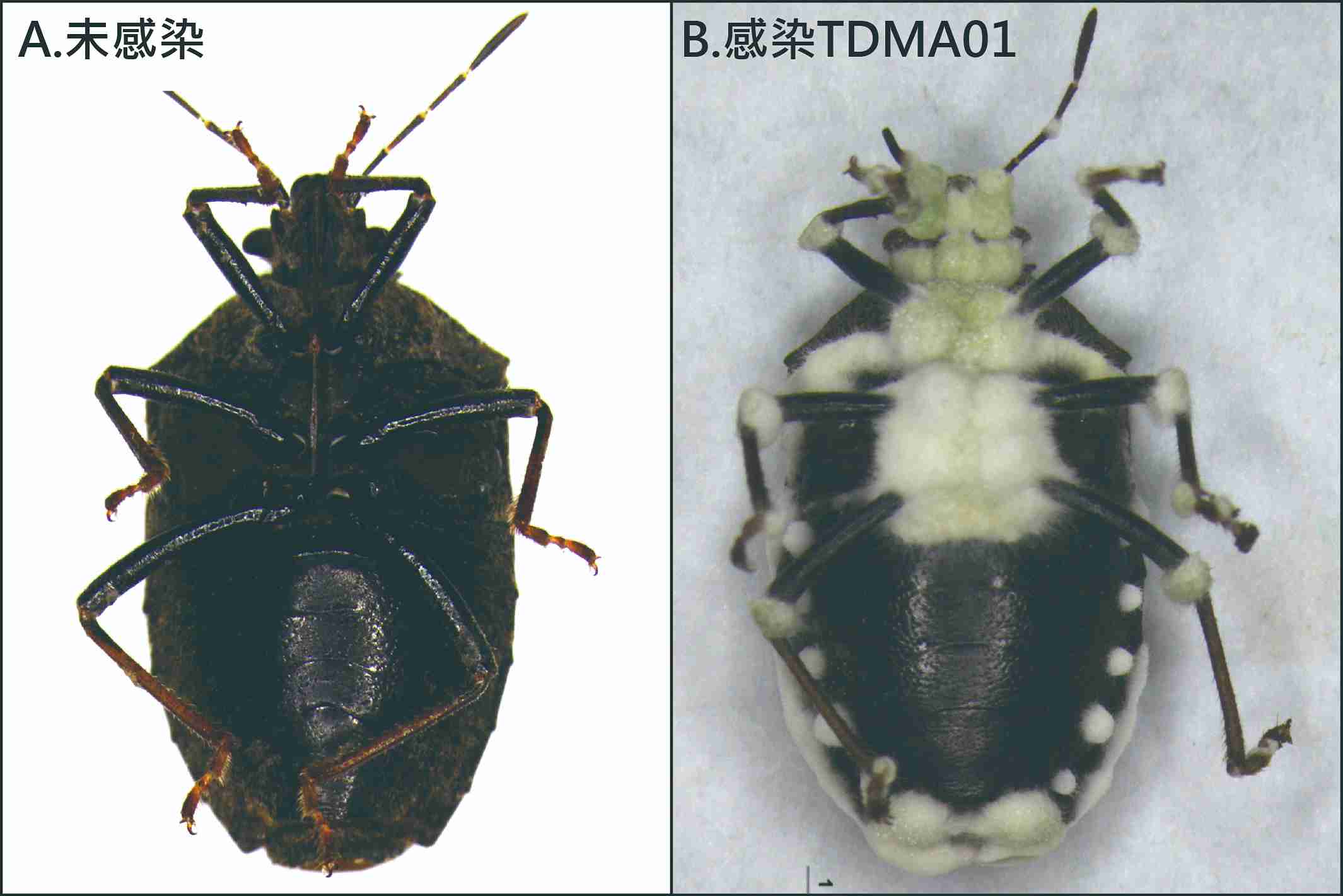
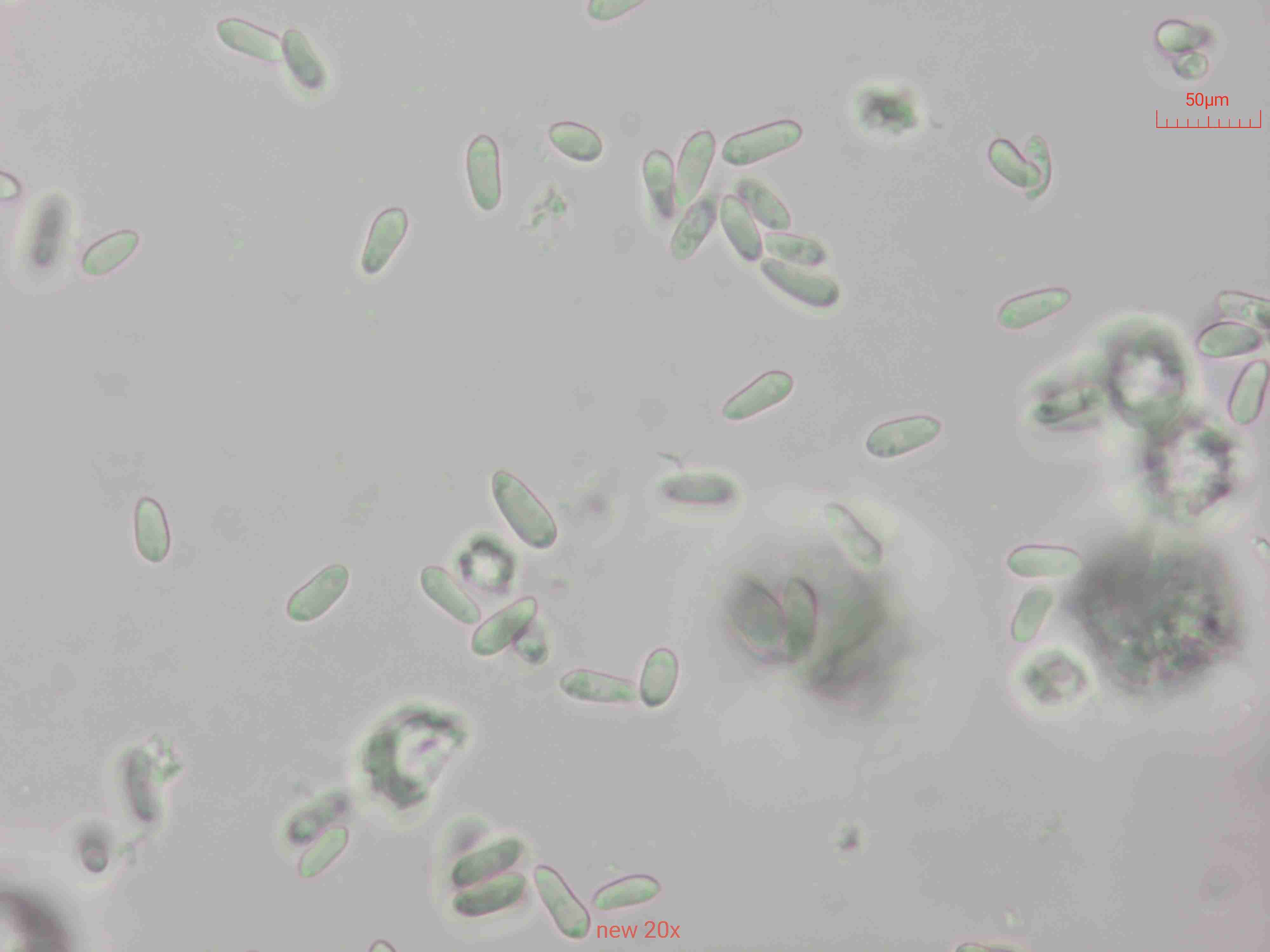
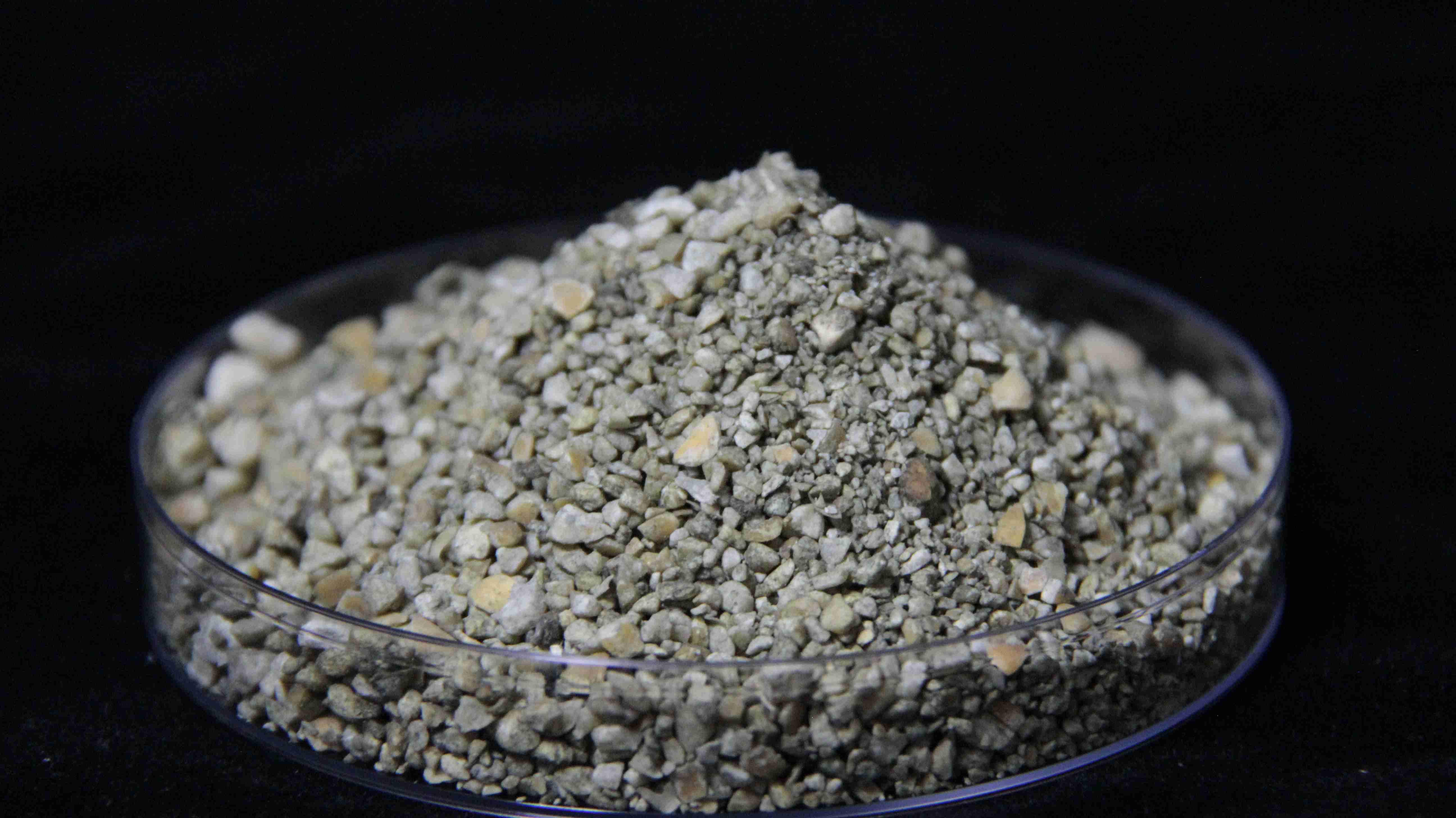




In 2020, a 100-hectare rice paddy area in Guanshan Township, Taitung County, transitioned to organic cultivation. After three cropping seasons, the rice black bug (RBB) (Scotinophara lurida) population surged, causing significant yield losses for farmers, with some experiencing up to 90% losses and an average loss exceeding 30%. The Taitung District Agricultural Research and Extension Station (TTDARES) has isolated a highly virulent strain of the entomopathogenic fungus (Metarhizium anisopliae), strain TDMA01, which has been deposited in a patent strain collection. Field trials conducted with regulatory approval have confirmed that TDMA01 effectively controls RBBs, infecting both adults and nymphs, and leading to a significant increase in yield. Two field demonstration events have been held to showcase the efficacy of this biocontrol agent. The TDMA01 strain holds great promise for development as a microbial pesticide.
The Taitung District Agricultural Research and Extension Station (Taitung DARES) of the Ministry of Agriculture, Executive Yuan is a fourth-level agency under the Ministry of Agriculture of the Republic of China. It is responsible for agricultural research, experimental applications, and extension services in Taitung County.
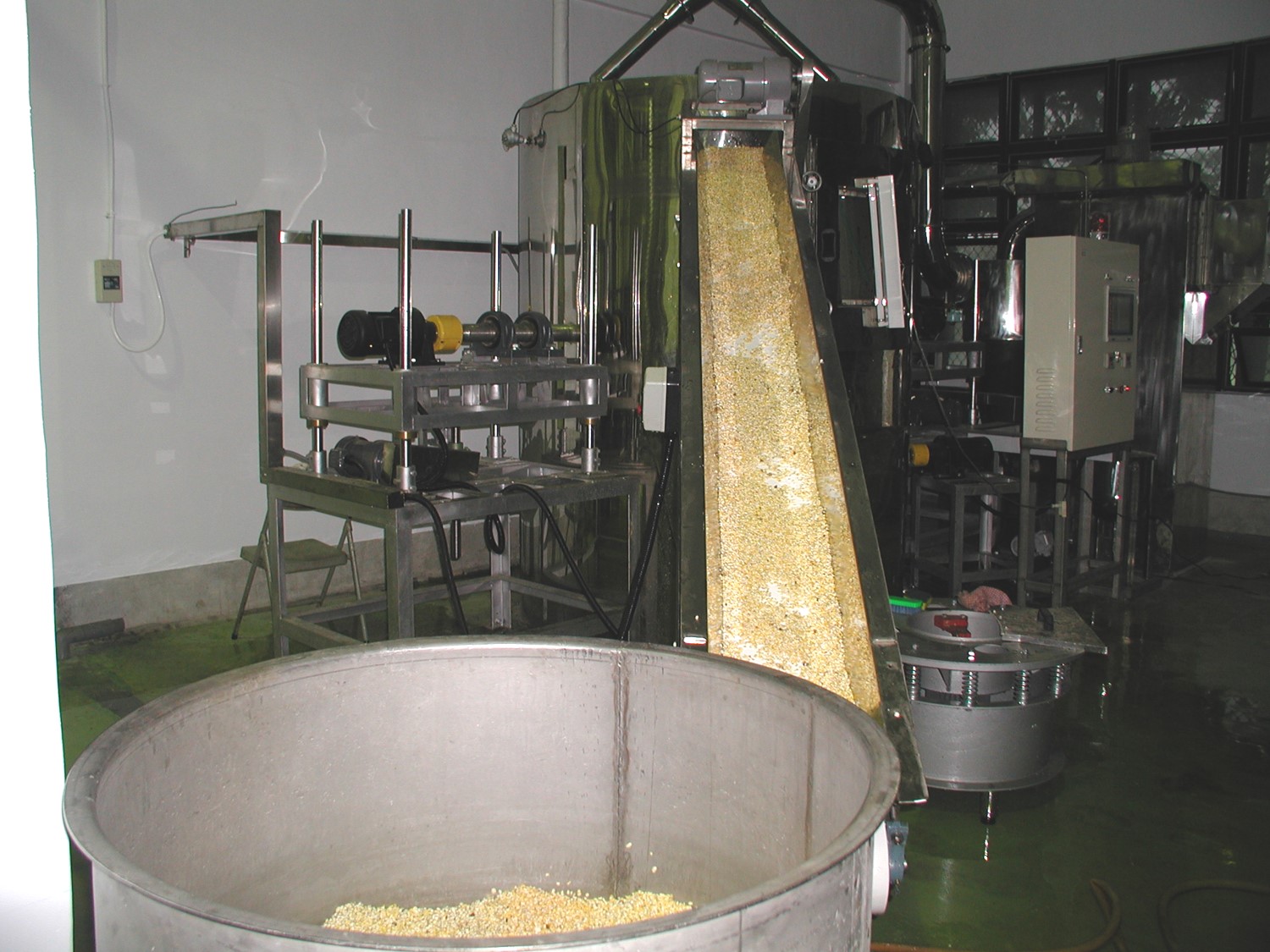
A novel microbial insecticide Metarhizium anisopliae MA-126 WP for biocontrol of agricultural pests
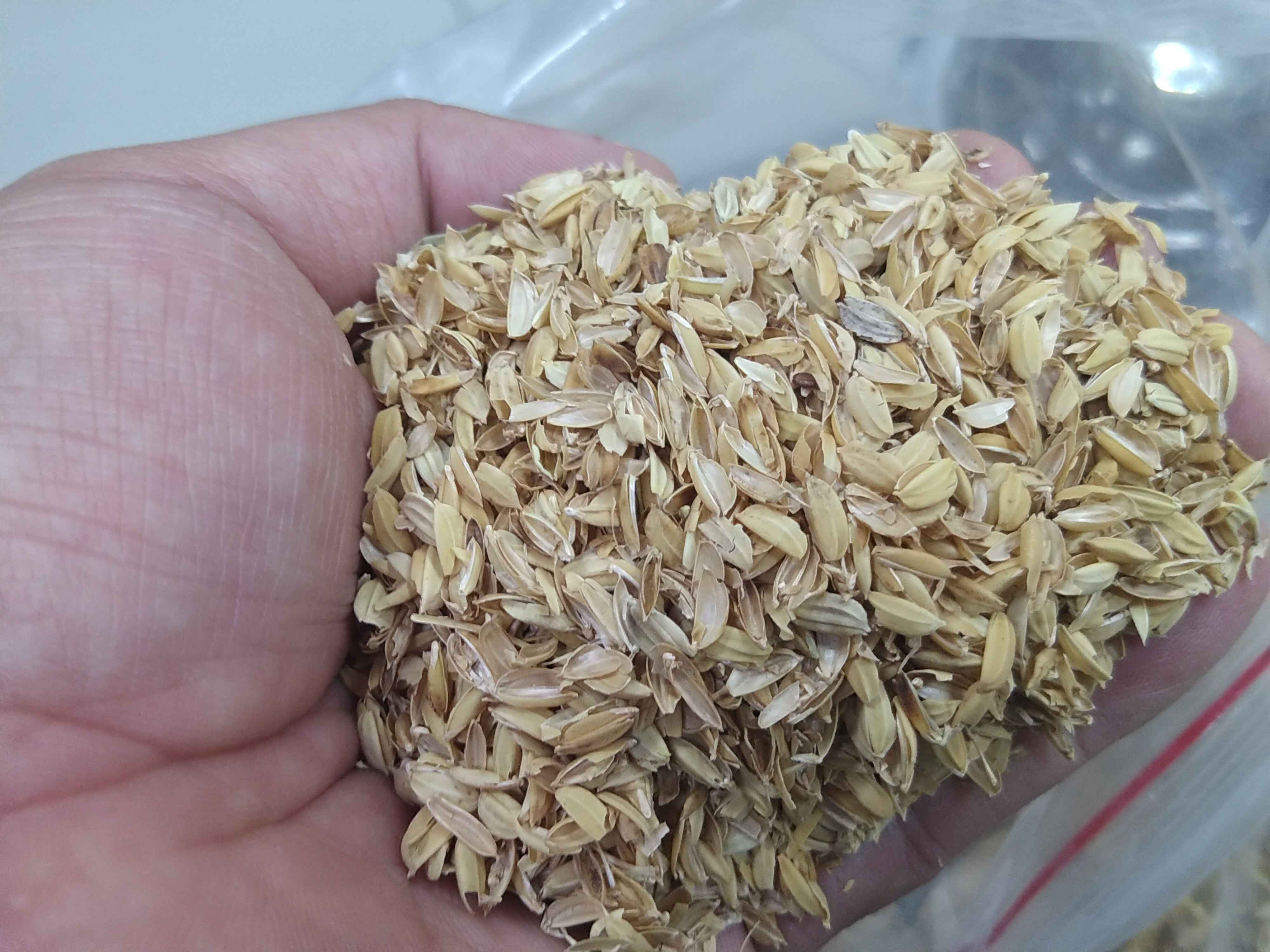
Production technology of biochar and its vinegar solution in organic fertilizer products
The technique of microbial insecticide: green muscardine fungus <Metarhizium anisopliae> MA-126
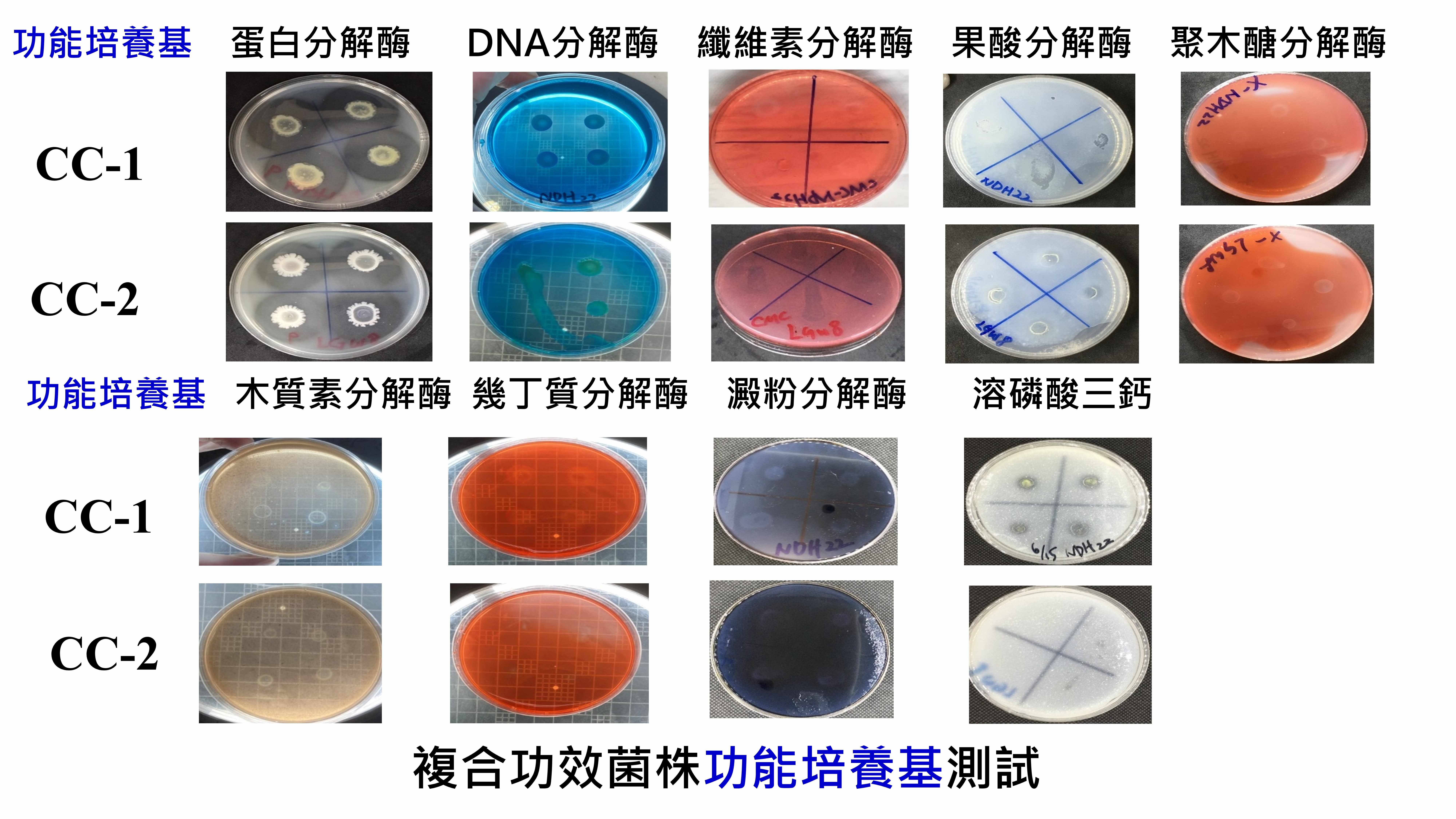
Development of innovative microbial fertilizer formulations for reducing heavy metal uptake and increasing yield in vegetables
Technology maturity:Trial production
Exhibiting purpose:Technology transactions、Display of scientific results
Trading preferences:Non-exclusive license
*Organization
*Name
*Phone
*Main Purpose
*Discuss Further
*Job Category
*Overall Rating
*Favorite Area
*Key Tech Focus
*Willing to Receive Updates?
Other Suggestions
Coming soon!